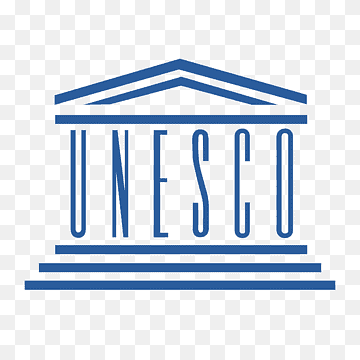The United Nations Education, Scientific and Cultural Organisation (UNESCO), has reaffirmed its commitment to bolstering youth employment opportunities across Sub-Saharan Africa, particularly in Nigeria.
Dr Jean-Paul Abiaga, Head of Office and Representative of UNESCO in Abuja, made this known during the two-day Labour Market Analysis (LMA) and Skill Gap Analysis Training on Thursday in Abuja.
Abiaga was represented by Mr Albert Mendy, Regional Education Advisor and Head of Education Sector, UNESCO Office Abuja.
The training was organised by UNESCO within the framework of Better Education for Africa’s Rise (BEAR III) project, a flagship project dedicated to Technical and Vocational Education and Training (TVET) in Africa.
According to him, the BEAR III Project, funded by the Republic of Korea and implemented by UNESCO, focused on enhancing TVET systems in the African continent since 2011.
Abiaga said, “It is a pleasure to see many dedicated individuals united by a common goal, to enhance youth employment opportunities and strengthen our economies across Sub-Saharan Africa particularly in Nigeria.
“As we embark on this important training, I want to acknowledge the vital role that each of you plays in shaping the future of our workforce.
“The challenges we face in today’s evolving labour market demand our collective efforts to bridge skills gaps and ensure that our young people are equipped with the necessary tools to thrive.
“Our aim is to make these systems responsive to the economic needs of our communities, particularly in the agricultural sector, which is crucial for Nigeria’s food security and economic diversification.”
Dr Salihu Usman, Permanent-Secretary, Federal Ministry of Labour and Employment, commended UNESCO and the Korea Research Institute for Vocational Education and Training (KRIVET) partnership with the Federal Government.
Usman, represented by Juliet Agunbiado, Chief Labour Officer in the ministry, said such would boost evidence-based skills development and labour market interventions, given global and national emphasis on data-driven labour market policies.
“I believe this training will not only build capacity, but also strengthen the link between Labour Market Data, Education Policy, and National Economic Goals.
“The Ministry remains committed to partnering UNESCO, KRIVET, and other stakeholders to ensure Nigeria’s LMIS evolves into robust, interoperable, and sustainable system that supports inclusive growth and decent work for all,” Usman said.
For his part, Fellow of KRIVET, Dr Sungik Cho, said the Institute would continue to partner UNESCO to advance the TVET systems in the country.
“KRIVET will continue to provide the technical support and expertise to Nigeria counterparts through the marking information systems based on the occupational standards, to develop the curriculum in the area of agriculture.
“This is especially in the area of food service management and agro-processing,” Cho said.
Dr Olodo, Director, Technology and Science Education, Federal Ministry of Education, Nigeria, represented by Dr Alamuoye Ezekiel, an official in the ministry, stressed that the ministry would do its best in its ambition to achieve set goals.
“As custodian of Science and Technology education, our mandate is to ensure our TVET graduates are not just educated, but employable.
“Curriculum development and resource allocation have decreased based on historical trends. We are entering a new era in order of precision, therefore, the labour market information system will be our compass to achieve desired results.”
Highpoint of the event was a goodwill message by Mr Onallo Akpa, Chairman, Sector Council for Agriculture (SSC4A), review of LMA workshop’s outcome and strategy for analysing skill gap in Nigeria’s agro-processing industry.



